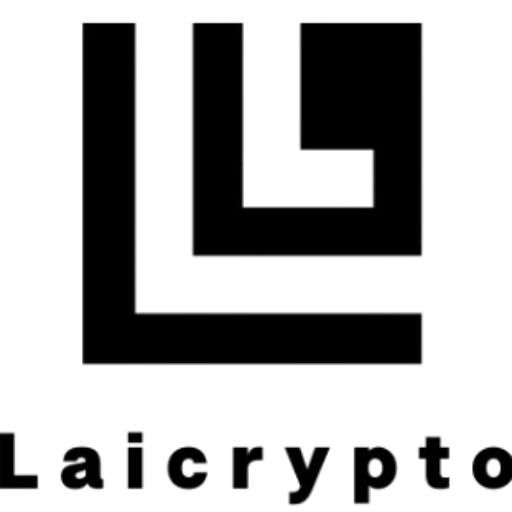Subscribe to Updates
Author: Michael Johnson
A note from the ED: A big thanks to our attending dev community, presenters, internal team, sponsors, enthusiasts, volunteers, event team, students and other stakeholders for coming together for another phenomenal Devcon3! First of all, yes, video of all sessions, both from the Main Hall and Breakout Hall will be posted on the Ethereum Foundation YouTube channel as soon as our post production team can finish them. This year I contracted and brought a post production team to the venue with us so they could start work onsite as soon as the raw footage could be handed over. Since we had two…
To accommodate the biggest post-devcon request, we’re happy to announce that Devcon3 videos are now available for viewing! As promised, we recorded sessions from both the main hall and breakout hall on all four days of Devcon3. Given we had two halls instead of one this year, and also added a full forth day of presentations, we’re pleased to provide the complete recorded sessions in a fraction of the time it took last year. Camerawork and raw footage was cleaner this year, and it helped to bring the post production team onsite to expedite producing and posting the videos. See the Ethereum Foundation…
Due to a Chromium vulnerability affecting all released versions of the Mist Browser Beta v0.9.3 and below, we are issuing this alert warning users not to browse untrusted websites with Mist Browser Beta at this time. Users of “Ethereum Wallet” desktop app are not affected. Affected configurations: Mist Browser Beta v0.9.3 and below Likelihood: Medium Severity: High Malicious websites can potentially steal your private keys. As Ethereum Wallet desktop app does not qualify as a browser — it accesses only the local Wallet Dapp — it is not subject to the same category of issues present in Mist. For now,…
Ethereum has grown very rapidly in the last few months. Transaction volume on the blockchain has more than doubled, surpassing 10 transactions per second for days at a time. The number of new accounts created per day passed 100,000, and the number of nodes has increased despite rising system requirements. As attention and interest in the blockchain space as a whole continues to hit new highs, we are entering a new phase in the industry’s growth: the phase where we are finally going from experiments and tests to real, live applications. Casper Sharding Py-EVM EIPs (Ethereum Improvement Proposals) We merged…
The Ethereum community, key developers and researchers and others have always recognized scalability as perhaps the single most important key technical challenge that needs to be solved in order for blockchain applications to reach mass adoption. Blockchain scalability is difficult primarily because a typical blockchain design requires every node in the network to process every transaction, which limits the transaction processing capacity of the entire system to the capacity of a single node. There are two main paths to improving blockchain scalability. The first (“sharding”) involves creating better-designed base-layer blockchain protocols, which still maintain most of the desired decentralization and…
Dear Ethereum community (and wonderful Etherheads!), Today, January 31, 2018, is my last day as Executive Director of the Ethereum Foundation. I’m pleased to have been able to guide the Foundation as ED with my fellow directors, team leads, and outstanding group of team members, each of whom has contributed to our current position of strength. Taking the Foundation from what was an early stage startup to one of stability, with the infrastructure and resources to support the changes, improvements and challenges to come was no small feat in blockchain and cryptoland! We have gone through a lot together to…
It is with sadness that we announce that Ming Chan, who has served as Executive Director at the Ethereum Foundation for nearly three years, is leaving the Foundation. Since her arrival in 2015, she has played a critical role in the development and success of the Foundation. We will miss the leadership, commitment and integrity that she brought to the Foundation, and wish to thank her for her dedicated service and many significant accomplishments including: Multiple rounds of reorganization for the Foundation, as well as significantly improving efficiency and reducing costsBuilding relationships with IC3 and other academic groupsNavigating and supporting the…
After waaay too much time under development, we’re proud to finally announce version 1.8.0 of the Go Ethereum client: Iceberg! The release fixes a lot of pain points felt by the community and ships a few notable new features, tallying up to ~170 modifications! Please note, this release introduces a few breaking changes that may affect certain power users! If you are running a production setup, make sure you read the “Breaking changes” section at the end of this blog post! Client synchronization A huge amount of work went into this release that isn’t immediately visible, rather they’re under the…
We’re excited to share the results of the first wave of grants from the Ethereum Foundation. As a reminder, the Ethereum project seeks to support useful dapps and smart contracts on the Ethereum blockchain, and the goal of the Ethereum Foundation is to empower developers with best-in-class R&D, developer experience, and education. Despite the early promise of the ecosystem, we still have a long way to go, and we are here to work with the community to drive concrete progress. These grants will fuel the teams working hard at research & development to support the entire ecosystem. Furthermore, we hope…
We have long recognized that in order for cryptocurrency to reach mass adoption, a form of cryptocurrency that has higher price stability than existing cryptocurrencies like BTC and ETH would be needed so that people can use the currency to store funds and engage in commerce without worrying about their monthly salary dropping by 57% between the time they receive it and the time they can use the money to buy products. Unfortunately, we’ve found that the existing stablecoins all have various flaws; Tether is unauditable, Nubits has already once collapsed in price, Seignorage Shares is after three years still just a…


